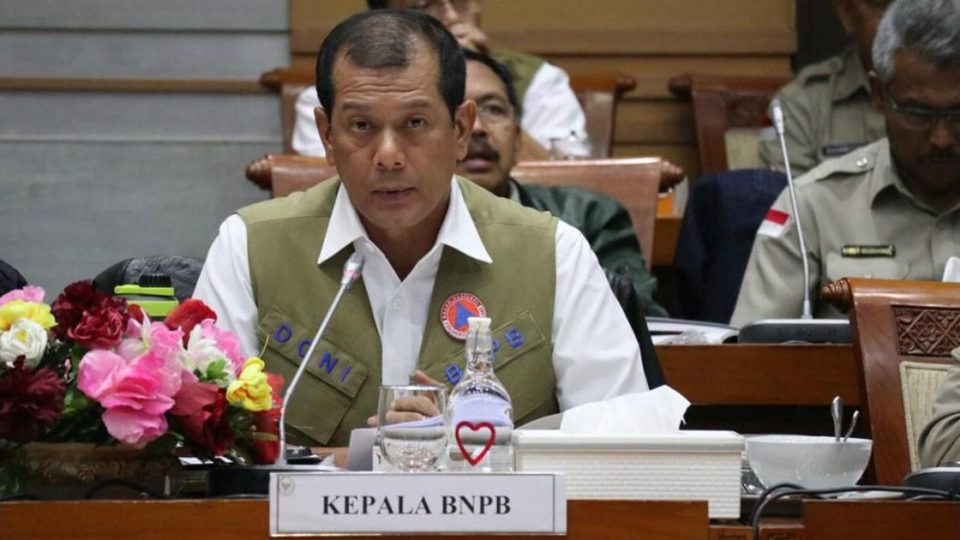The COVID-19 outbreak is taking a toll on the Indonesian economy and directly impacting the livelihoods of workers in the country, with official data indicating that at least 1.6 million people have either lost their jobs or been “dirumahkan,” which is an Indonesian expression meaning being placed on leave without pay or with only partial pay.
“From the ministers’ reports, there are 1.6 million people who have been laid off and placed on leave by their companies so they must immediately be given the Pre-Employment Card,” Doni Monardo, who heads the country’s COVID-19 rapid-response team, said in a virtual meeting led by President Joko Widodo today, as quoted by state news agency Antara.
1.6 million is a huge addition to Indonesia’s unemployment numbers. According to August 2019 data, 7 million Indonesian were unemployed, representing 5.28 percent of the country’s labor force.
Jokowi has reportedly instructed his ministers to accelerate the distribution of the Pre-Employment Card program — which entitles unemployed citizens to job training and pocket money totaling IDR3.55 million (US$225.77) during the training period — and social aid for citizens affected by the COVID-19 outbreak.
Registration for prospective Pre-Employment Card beneficiaries opened on Saturday. Up until 4pm yesterday, the Coordinating Ministry for Economic Affairs has recorded 1.4 million registrations.
“The social safety net program should commence this week, so the people who are affected, especially in Jabodetabek [Jakarta, Bogor, Depok, Tangerang, and Bekasi] can get the support, including in the form of groceries, from the Social Ministry,” Doni said.
The central government’s social assistance programs include the Family Hope Program (PKH) or the conditional cash transfers for poor families, people with disabilities, and senior citizens; Direct Cash Assistance (BLT); the Groceries Card (Kartu Sembako), as well as the additional grocery assistance program in the Greater Jakarta Area.
The grocery assistance aid is worth IDR600K (US$38) per month for residents of the Greater Jakarta Area whose livelihoods are impacted by COVID-19, which they will receive for three months. This program in particular also seeks to prevent them from returning to their hometowns during the mudik period, as part of a larger effort to curb the spread of the viral disease.
A similar type of aid is also being given to those outside of the Greater Jakarta Area who don’t receive PKH or groceries aid, which is also worth IDR600K per month for the next three months.
Read Also — More than 19,000 workers in Bali told to stay home as COVID-19 hits local economy hard




